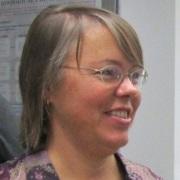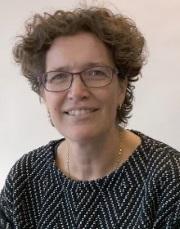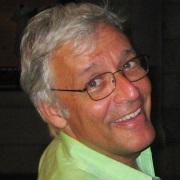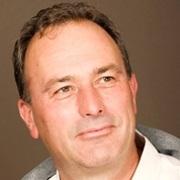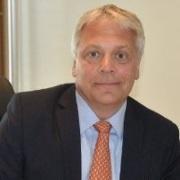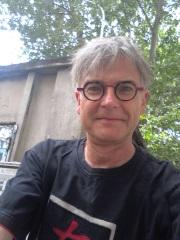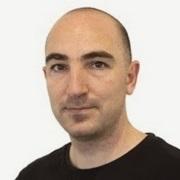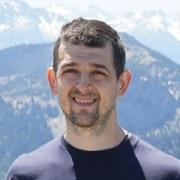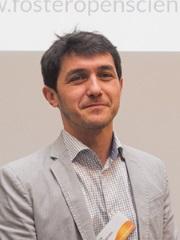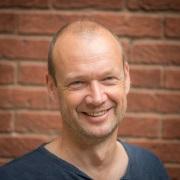
Andreas Rietbrock graduated from the Ludwig Maximilians University Munich, Germany, with a Doctorate in Geophysics in 1996, working in the field of earthquake seismology. Subsequently he spent two years at Free University of Berlin, Germany, where his long-standing research interest in subduction zone earthquakes began. He then moved to the University of Kyoto, Japan, as a JSPS fellow working with the research group at the Disaster Prevention Centre on Seismic Hazard issues. In 1999 he took up the position as Assistant Professor at the University of Potsdam working on the Chilean subduction zone and seismic hazard.

